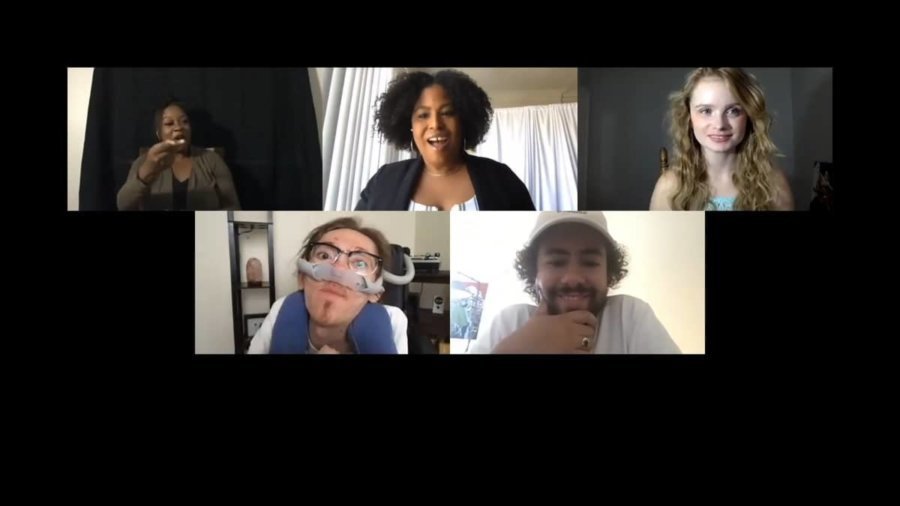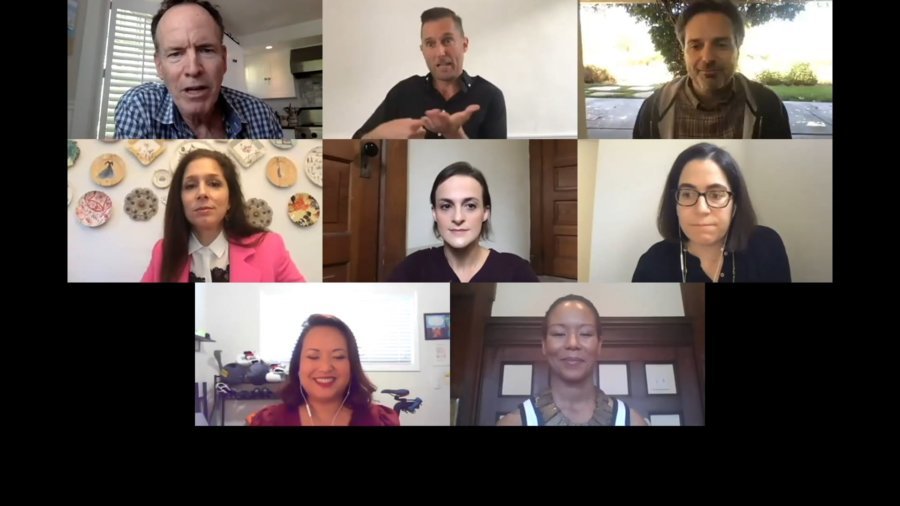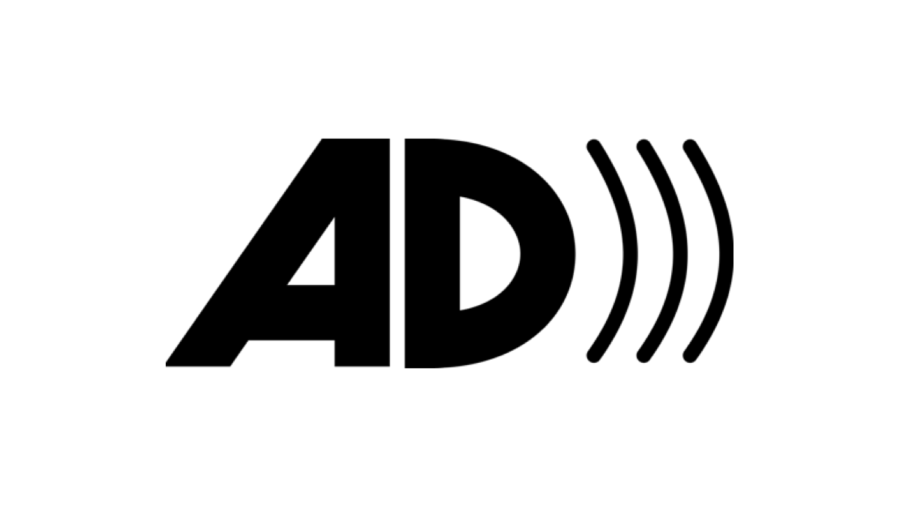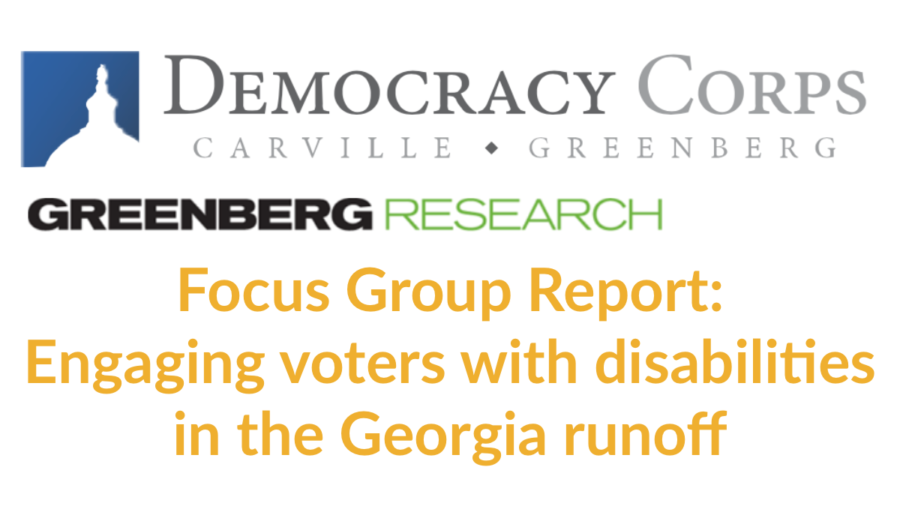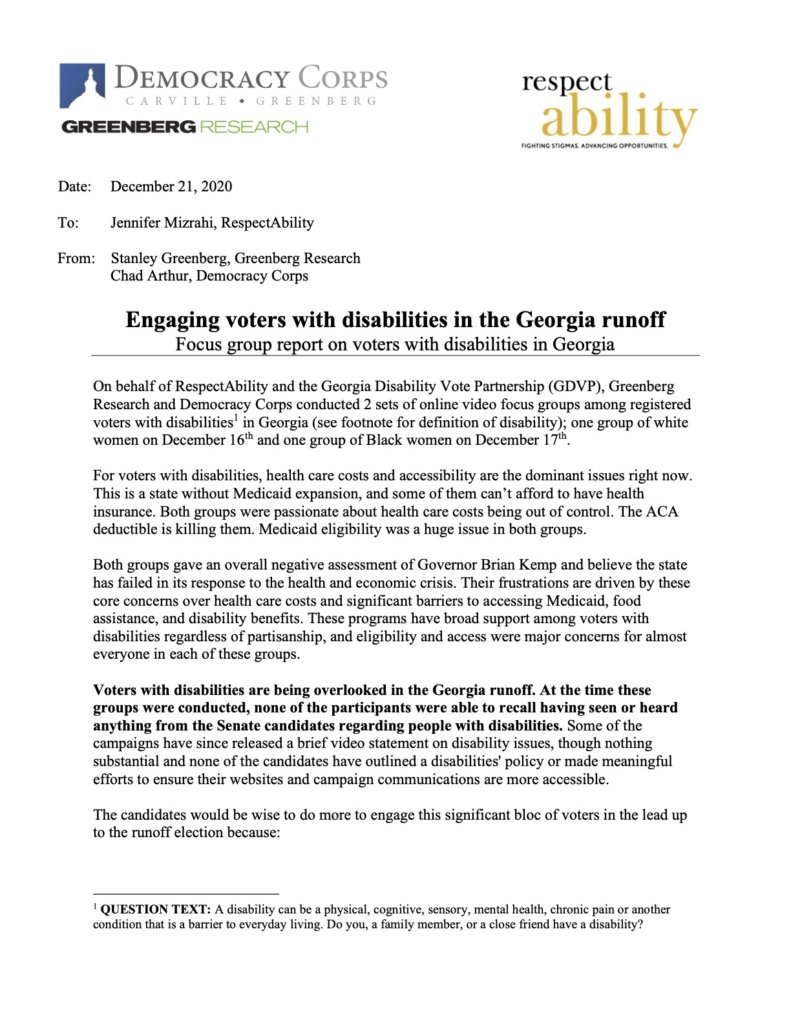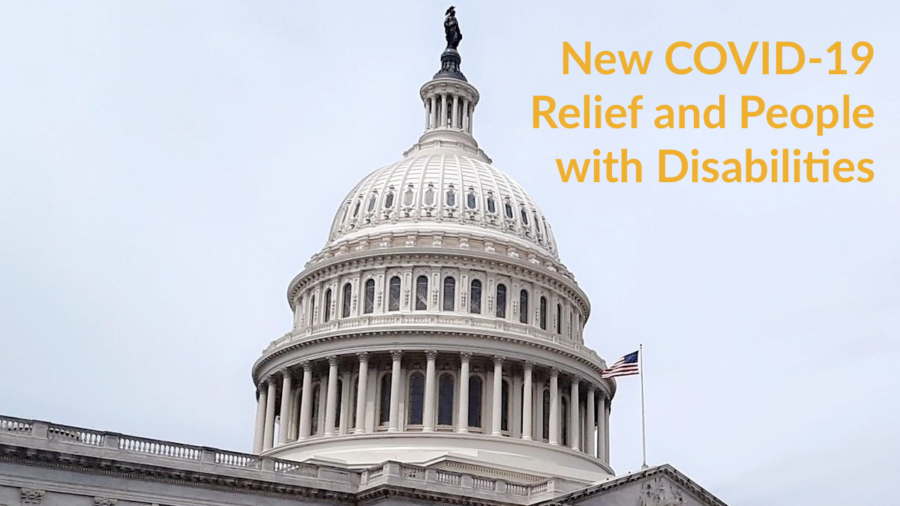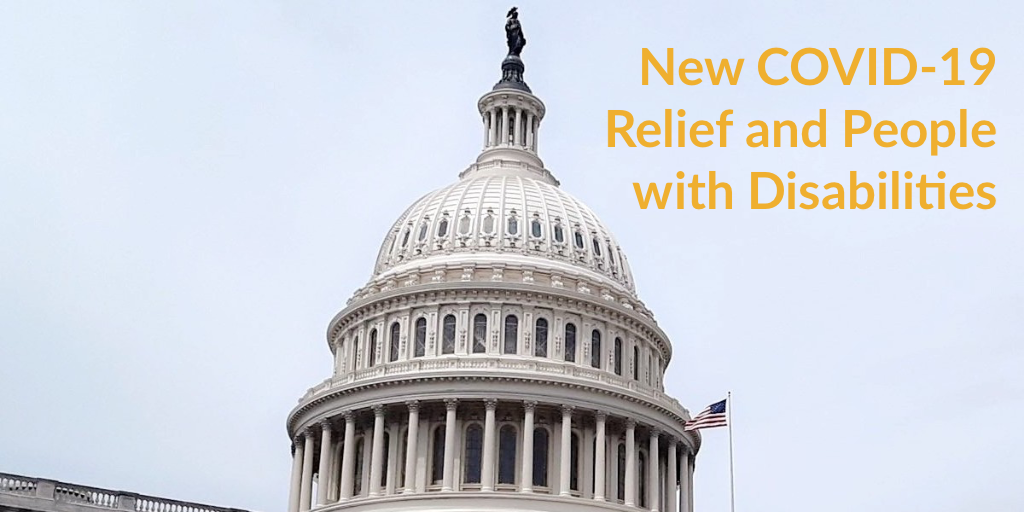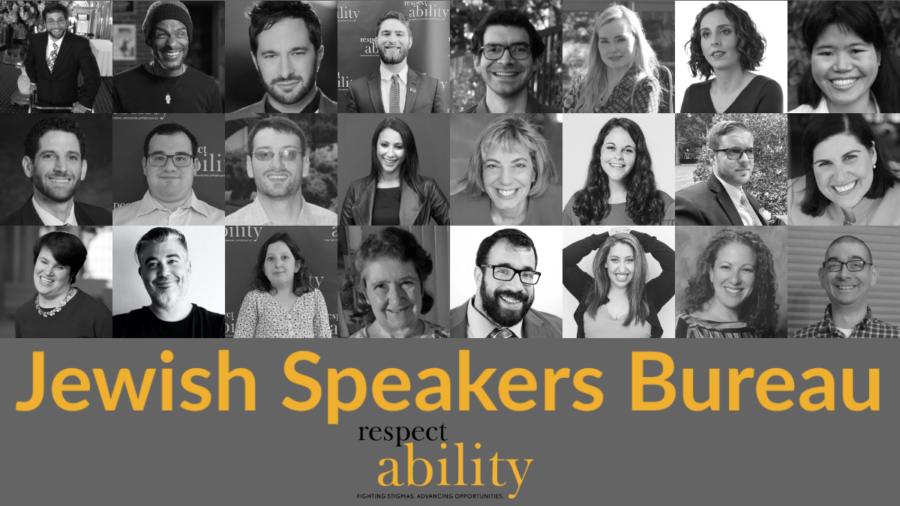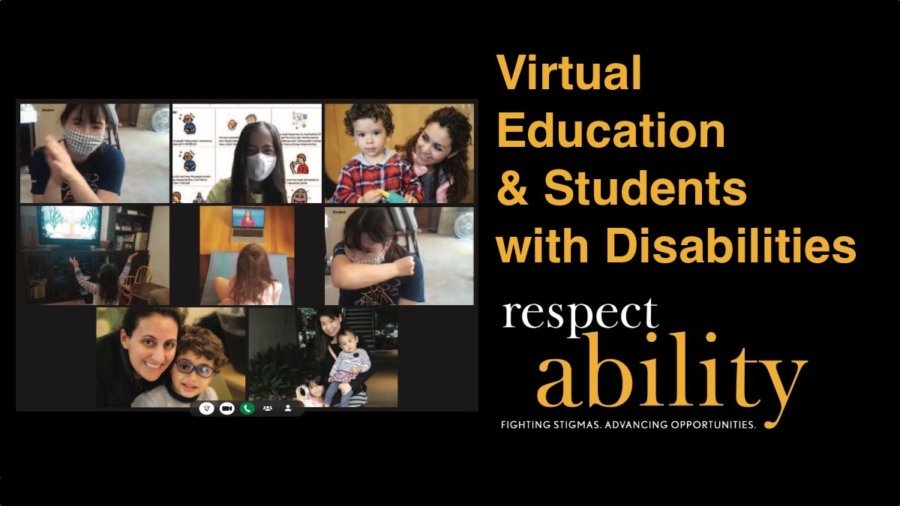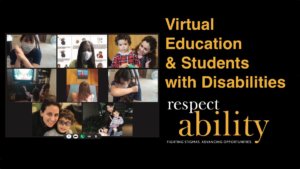With one-in-five people having a disability in the U.S. today, the lack of representation – just 3.1 percent on-screen and even less in children’s television (less than one percent) – means that millions of people are unable to see themselves in media today. The national disability advocacy nonprofit RespectAbility has been honored to play a part in changing this, including consulting on an array of films and TV shows for a variety of studios and networks. As part of a week-long celebration of the 30th anniversary of the Americans with Disabilities Act, RespectAbility highlighted examples of best practice in authentic casting and disability representation in Hollywood.
Moderated by actress and model Tatiana Lee, who also serves as RespectAbility’s Hollywood Inclusion Associate, one panel shined the spotlight on young adult entertainment media focusing on Ramy (Hulu) and Everything’s Gonna Be Okay (Freeform).
Shows like these demonstrate Hollywood’s changing tide and push for inclusion of creatives with disabilities, both in front of and behind the camera. As research shows, only 3.1 percent of all speaking or named characters in film were shown to have a disability in 2020. Trends show these numbers will increase, and these talented individuals are at the forefront of this industrial shift. [continue reading…]


